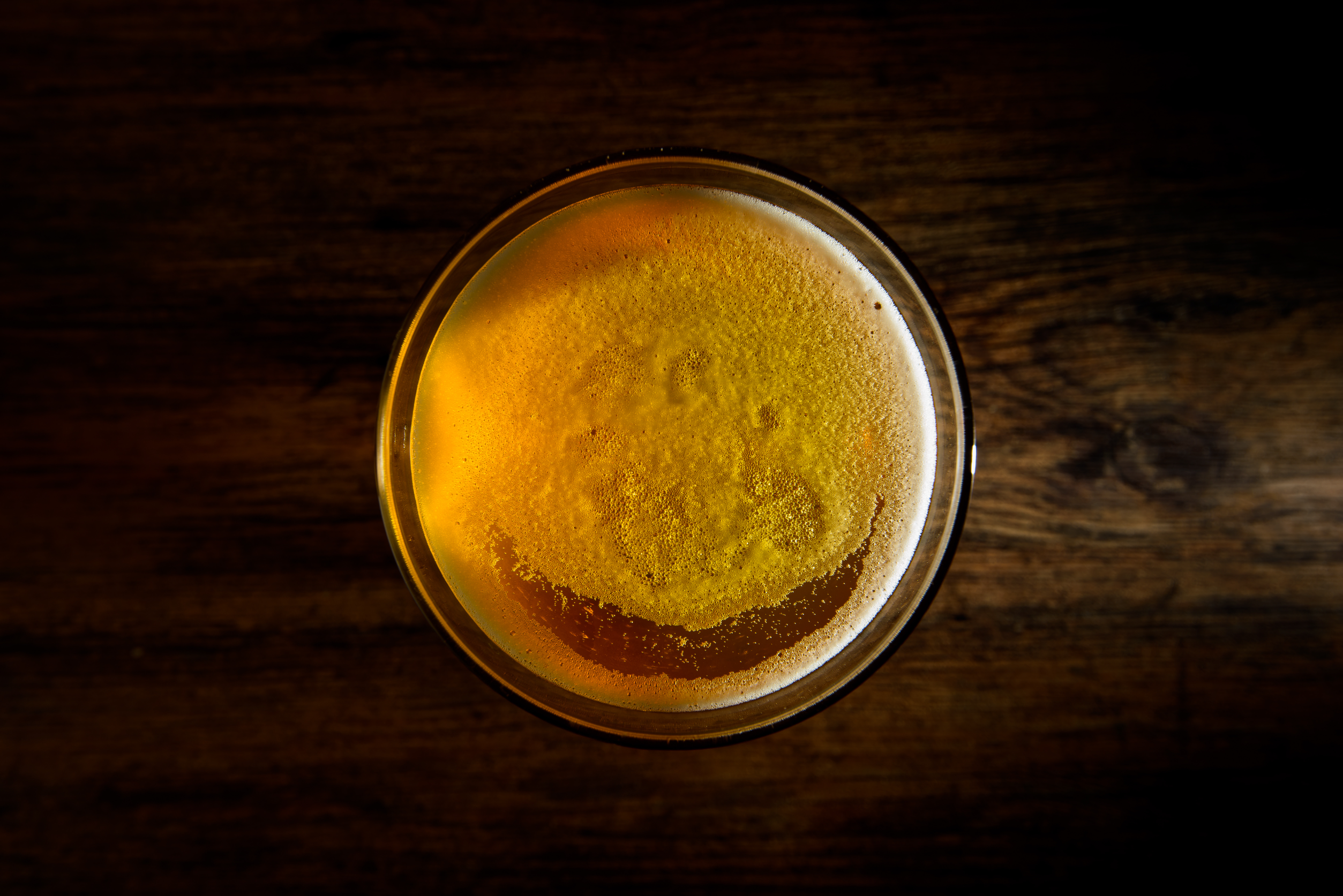Breweries are well-known for producing wonderful beer, but what if their waste could also be used to combat water pollution? Recent MIT research reveals an innovative way in which recycled beer yeast can help remove hazardous lead from water, providing a sustainable and cost-effective solution.
The magic of years: a natural purifier
Yeast, the microorganisms that cause fermentation, have a remarkable ability to filter water by absorbing heavy metal ions such as lead. According to MIT researchers, the process known as biosorption has enormous promise. The researchers explain that yeast cells may bind and absorb heavy metal ions at concentrations as low as one part per million.
A brewing conundrum: removing the yeast
Initially, researchers faced a dilemma: while yeast could effectively remove lead from water, recovering the yeast afterward proved difficult. However, after three years of intense research, a breakthrough was discovered in the form of hydrogel casings made of polyethylene glycol (PEG), a widely utilized UV light-sensitive polymer.
The “multivitamin solution” origin story
Devashish Gokhale, an MIT graduate student and co-author of the paper, describes their creative approach: “What we decided to do was make these hollow capsules — something like a multivitamin pill, but instead of filling them up with vitamins, we fill them up with yeast cells.” By combining freeze-dried yeast with PEG polymers and UV radiation, the researchers constructed semipermeable outer capsules around the yeast cells, enabling efficient lead removal while preventing yeast from escaping into the water.
Testing the waters: a proof-of-concept biofilter
To validate their method, the researchers built a proof-of-concept biofilter with hydrogel-yeast granules. The filter successfully eliminated trace lead from water over 12 days, demonstrating its efficacy and endurance in the face of fluid forces in faucet water. Importantly, the device used less energy than traditional filtration methods such as membrane filtration.
A sustainable solution for clean water
The consequences of this research go beyond laboratory experiments. Given the abundance of yeast and the low cost of the hydrogel-yeast filter, this innovation has the potential to provide a sustainable and affordable water treatment solution, particularly for low-income regions confronting water pollution concerns.
Looking ahead, researchers are looking into ways to recycle and replace filter yeast, as well as produce eco-friendly hydrogels made from renewable sources. They also intend to expand the filter’s capabilities to address other contaminants such as microplastics and persistent chemicals, thereby furthering water purification efforts.
Source study: RSC Sustainability— Yeast-laden hydrogel capsules for scalable trace lead removal from water












